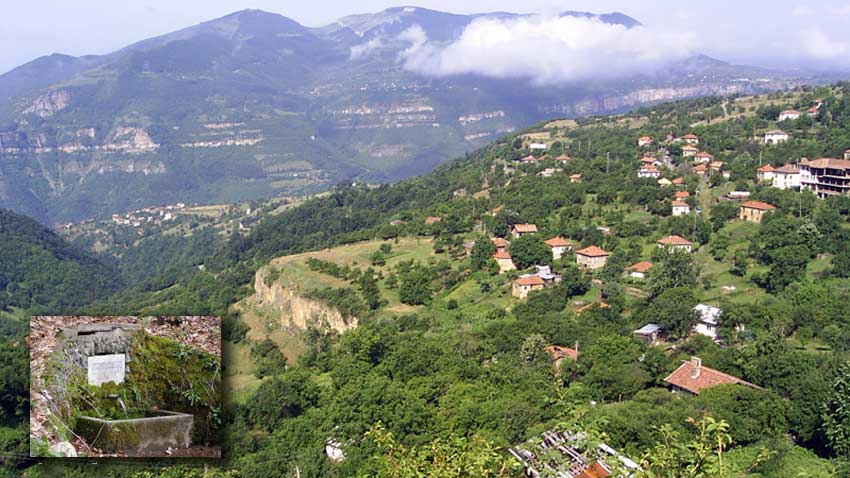
While Bulgaria is going through yet another political crisis, the sense of impasse is deepening and the division and discontent in society prevail, there is one sector that has managed to break this ominous pattern - tourism . In 2024, Bulgaria not..
The number of Bulgarians who travelled abroad in November this year increased by 11.3 per cent compared with the same month last year, the National Statistical Institute said. 638 600 nationals travelled internationally . Most of them, 193 200,..
Attention is once again on the ancient rock city Perperikon, located in Bulgaria. Perperikon is among the world's top 10 ancient wonders After a month ago it entered the Guardian newspaper’s top 10 of the world's must-see sites, now the US..

+359 2 9336 661
